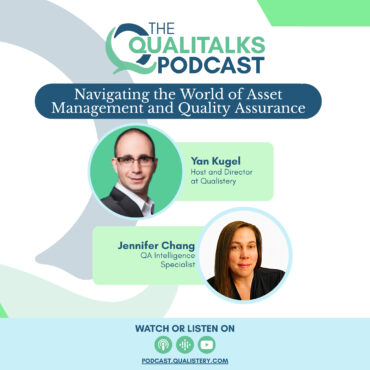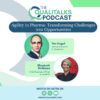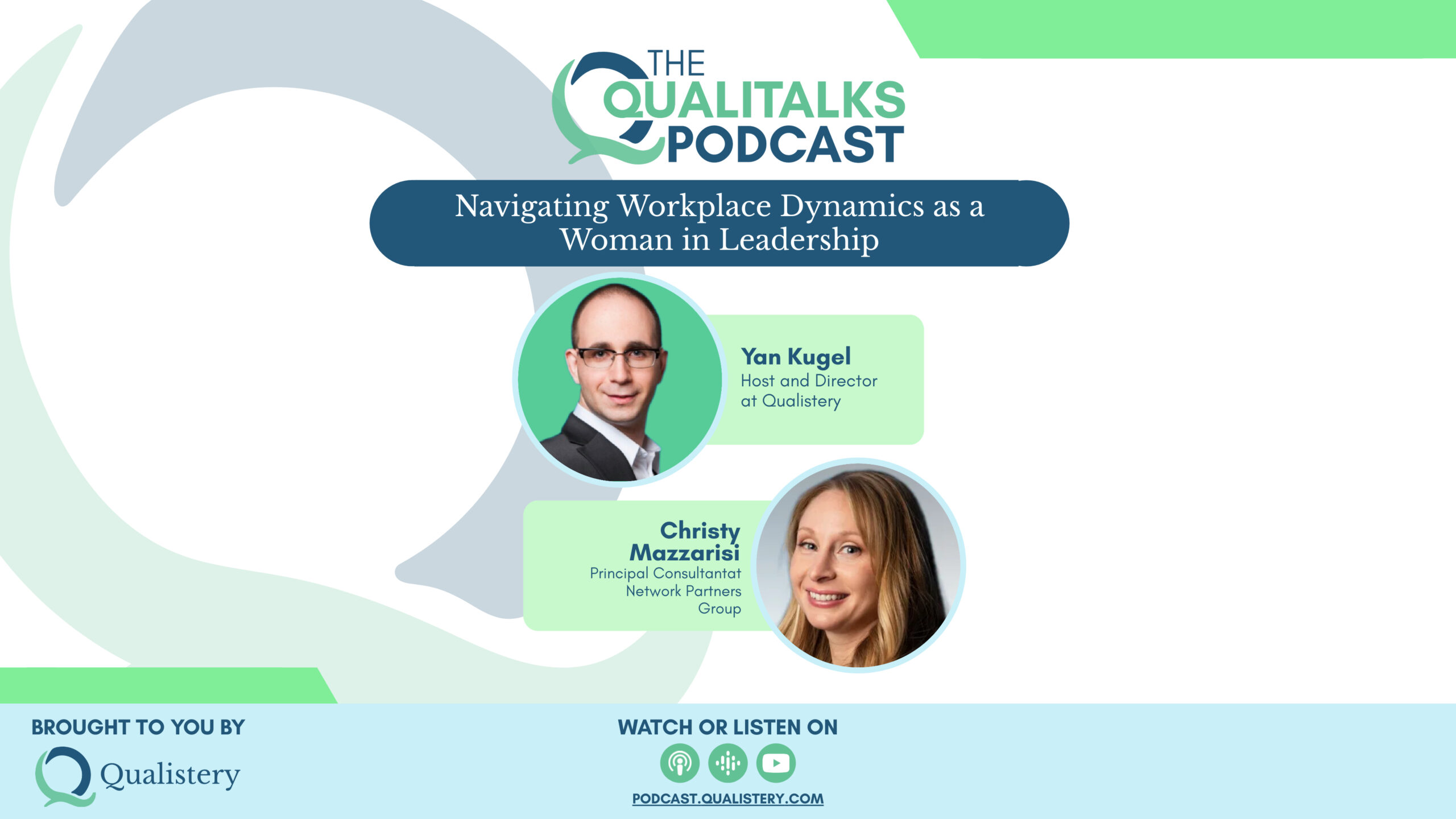
Navigating the World of Asset Management and Quality Assurance [Jennifer Chang]
Join us for an insightful conversation with Jennifer, a quality assurance expert in the life sciences industry. Learn about the challenges and best practices in regulatory compliance and how continuous […]





